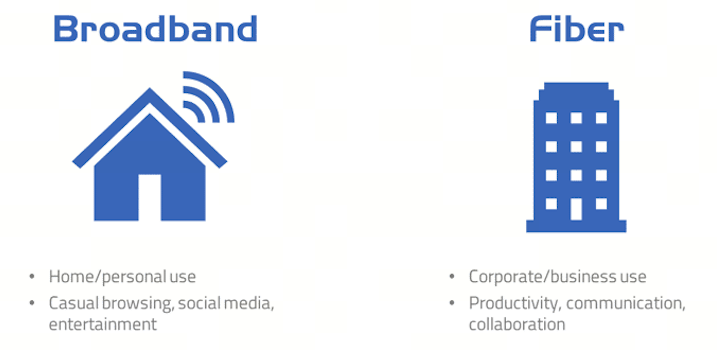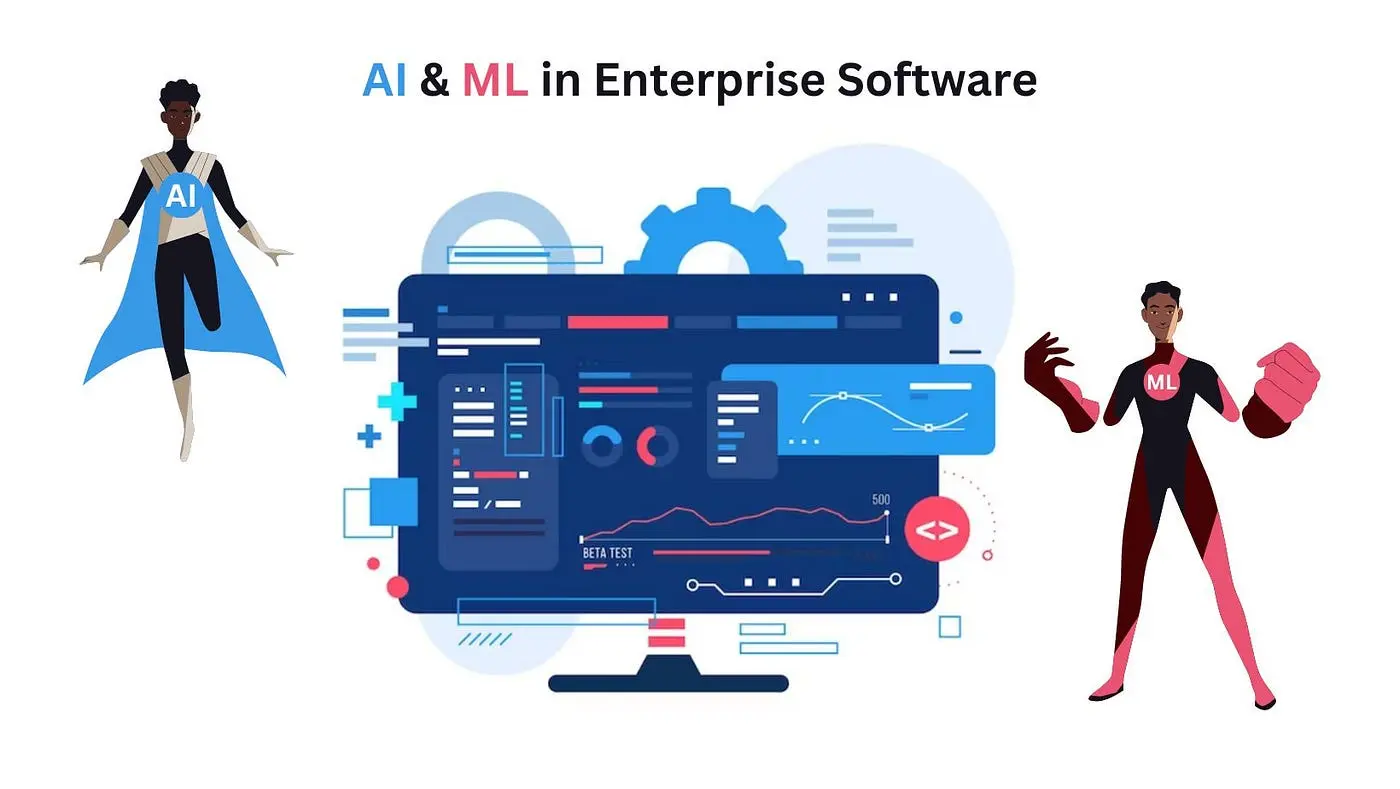
Online Business School: A Disruptive Force in Education
The digital revolution has significantly impacted higher education. Among the most affected fields is business education, where online business school programs now compete directly with prestigious on-campus offerings.
From undergraduate to online MBA programs, students are increasingly choosing virtual platforms over traditional classrooms. The appeal is rooted in flexibility, cost efficiency, and the ability to maintain a career while studying.
Why Online Business Schools Are Gaining Traction
Three key trends are driving the popularity of online business education:
1. Global Accessibility
Students from around the world now have access to world-class programs without the cost of relocation. Schools like Harvard Business School Online, Wharton Online, and INSEAD Online offer certificates and degrees to students across continents.
2. Workplace Integration
Unlike traditional MBA programs, an online business school allows professionals to apply coursework directly to their jobs. This real-time learning model strengthens skill application and increases immediate value for employers.
3. Technological Advancements
With the integration of AI, interactive simulations, and real-time collaboration tools, online business schools are offering immersive learning environments that rival, and sometimes surpass, in-person experiences.
Chart: Growth of Online Business School Enrollment (2015–2024)
| Year | Global Online Business School Enrollment |
|---|---|
| 2015 | 120,000 |
| 2017 | 200,000 |
| 2019 | 340,000 |
| 2021 | 570,000 |
| 2023 | 800,000 |
| 2024 | 910,000 |
Source: Global Online Education Report 2024
As the chart shows, the number of students enrolled in online business school programs has grown exponentially over the past decade, signaling a paradigm shift in how business education is delivered.
Online Business School vs. Traditional Programs
While both online and traditional business programs aim to deliver strong educational outcomes, they differ significantly in structure and appeal.
| Feature | Traditional Business School | Online Business School |
|---|---|---|
| Location | Campus-bound | Accessible anywhere |
| Flexibility | Fixed schedule | Self-paced or part-time options |
| Networking | In-person | Virtual events, global peer interaction |
| Cost | High tuition and living expenses | Often lower overall cost |
| Work-Study Balance | Difficult | Designed for working professionals |
The online business school model is clearly more accommodating to modern learners and career-oriented professionals.
Employers Are Embracing Online Business Degrees
A decade ago, skepticism about the credibility of an online business school degree was common. Today, attitudes have shifted dramatically. Major companies—including Amazon, Deloitte, and Microsoft—regularly hire graduates from accredited online MBA programs and online business master's degrees.
According to a 2023 employer perception study:
- 78% of HR professionals view online business degrees as equally credible as in-person degrees.
- 92% believe online education improves a candidate’s time management and self-discipline.
- 61% reported that employees with online business degrees had equal or superior performance compared to traditional MBA graduates.
This data reflects the growing confidence in online business school graduates to meet real-world demands.
Shaping the Future of Business Education
The impact of online business schools goes beyond convenience. These programs are redefining the structure and purpose of business education:
- Personalized learning pathways: AI-driven platforms adapt to individual learning styles and speeds.
- Global diversity: Online cohorts bring together students from diverse cultural and professional backgrounds.
- Curriculum innovation: Emerging topics like fintech, data analytics, and sustainability are being integrated more rapidly into online business curricula.
As industries evolve, online business school programs are uniquely positioned to stay agile, updating content and delivery methods without the constraints of physical infrastructure.
Key Challenges Facing Online Business Schools
Despite rapid growth, the online business school model isn’t without hurdles:
- Accreditation remains a concern, especially with the rise of non-traditional education providers.
- Student engagement can be lower in remote settings if interactivity and support systems are lacking.
- Digital fatigue is an increasing issue, particularly for working professionals juggling screen-heavy schedules.
Solving these challenges will be crucial as more institutions pivot to online or hybrid business education models.
The Bottom Line
The shift toward online business school programs is not a temporary trend—it’s a structural change in global education. From startup founders in Nairobi to corporate managers in New York, learners are turning to virtual business schools for skills, credentials, and competitive advantage.
As platforms become more sophisticated and employers continue to recognize the value of online business degrees, this model will only grow stronger. For business education, the classroom of the future is already here—and it's online.









